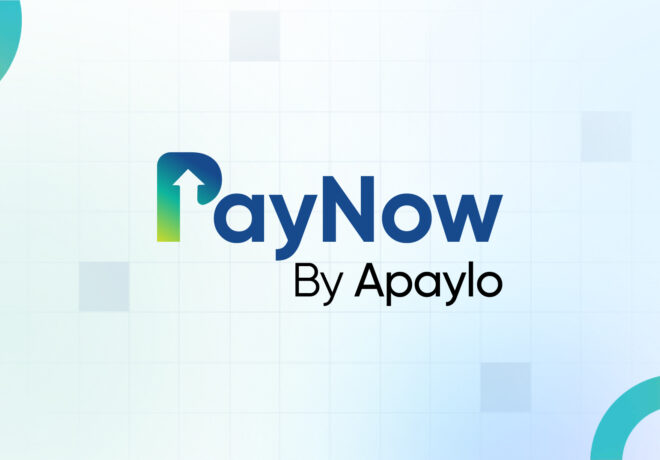Confused about terminology thrown around on an almost daily basis- “cryptocurrency”, “bitcoin”, “ICO”, “Wallet”, etc.? You are not alone. Most people are not fully aware nor informed about cryptocurrency and how it functions. It is an extremely complex concept in finance that requires a great deal of study. This week’s blog will scratch the surface for basic understanding of the world of digital currency.
Cryptocurrencies are purely digital currencies made secure through cryptography. Cryptography uses secret codes to encipher and decipher key data blocks/messages. It depends on blockchain technology– which is a decentralized ledger of all transactions that is prevented from manipulation. This safeguard is designed so that no single individual or entity controls more than 50% of the network and its computational power. It truly relies on a distributed network design with very stringent controls.
For more information defining “digital currency” please refer to https://www.apaylo.com/post/digital-currency-the-future-is-now
Unlike traditional currencies- cryptocurrencies are neither issued nor controlled by any government or banking entities. In most cases, new coins are supplied through a process where different computers solve complex mathematical equations- competing with each other to secure new blocks for themselves- and being given bitcoins as a reward if they are the first to solve the problems. This is an intense process that is referred to as “mining”.
The launch of a new coin is referred to as an ICO- or Initial Coin Offering– similar to an Initial Public Offering of stock on an equity exchange. Mining new coins can come before or after the ICO- with some coins that are acquired before the ICO being referred to as “pre-mined.” The majority of coins are created utilizing open-source software; and are in a constant process of evolution as network developers are continuously looking to solve problems that arise throughout the process; problems including security/hacking issues and accessing economies of scale.
While new cryptocurrency brands continue to launch on a regular basis, Bitcoin continues to reign as king; with an impressive $330 Billion market cap; out of a total aggregate market cap of $600 Billion for all existing brands of cryptocurrency. (There is an estimated total of 1,400+ cryptocurrency brands in circulation at the time of this writing.) There are estimated to be only 27 brands with a market cap in excess of $1 Billion- including Litecoin, Monero, Ether, and Ripple.
Bitcoin was originally developed to create a “peer-to-peer electronic cash system” that did not have to rely on any third parties to process their electronic payments- instead relying on the consensus of the network itself. These innovations are truly ground-breaking; as it eliminates corruption and currency manipulation. Bitcoin’s supply also cannot be manipulated by parties such as governments or central banks; essentially linking it to a finite amount of the asset itself- which acts to safeguard against inflation- somewhat like how the Gold Standard (before it was dismantled) linked the US Dollar to a finite supply of gold thereby limiting the amount of inflation exposure.
As cryptocurrencies continue to evolve beyond their infancy- we can expect to see more ground-breaking milestones achieved and problems solved- as our world continues its transition toward a purely digital currency.
For more basic information on cryptocurrency, this article is very helpful: https://blockgeeks.com/guides/what-is-cryptocurrency/







